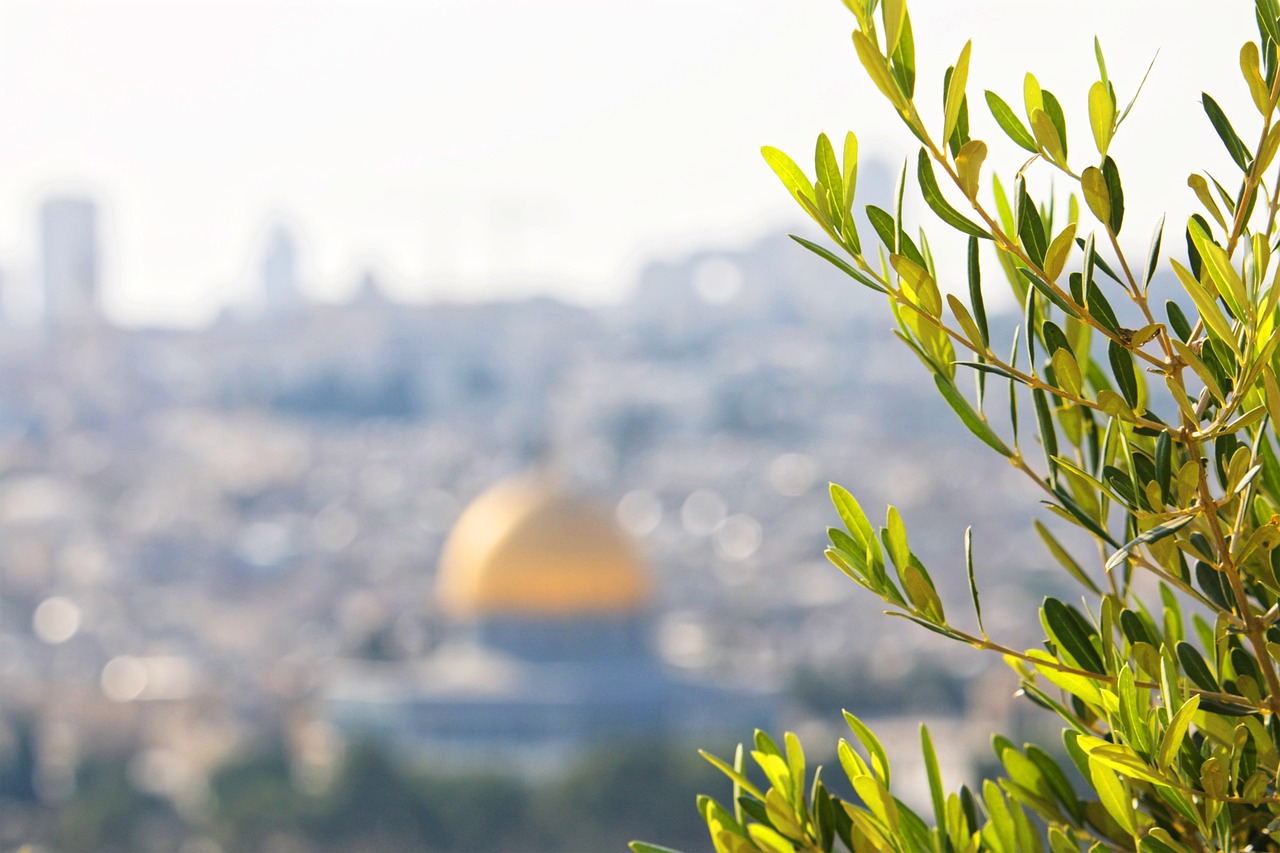Today’s Gospel passage is especially relevant as we begin a new year with resolutions and hope. In this reading we hear John’s declaration echoing the words of Isaiah, “I am the voice of one crying out in the desert, ‘Make straight the way of the Lord.’”
John the Baptist gave this declaration to the Levite priests who came from Jerusalem to Bethany to inquire about his identity. The Evangelist describes Bethany as “across the Jordan,” meaning the side nearest to Jerusalem. Throughout John’s Gospel, John the Baptist and Jesus encounter confrontation, difficulties, and even death threats in Judea, on this side of the Jordan. For example, when Jesus learns of Lazaraus’ death and intends to cross the Jordan to console Mary and Martha, he says to the disciples, “Let us go back to Judea” (Jn 11:7). The disciples remind Jesus, “Rabbi, the Jews were just trying to stone you, and you want to go back there?” (Jn 11:8).
John the Baptist, by situating himself across the Jordan in Judea, really is a voice in the wilderness – he’s in a place that is unfamiliar with his message, and where some will be hostile and violent to even the idea of an encounter with the Messiah. Yet John persists prophetically by announcing “Make straight the way of the Lord.”
As we contemplate what it means to follow Jesus this year and to spread his message, are we willing to be a voice in the wilderness, wherever that wilderness may be? Whether in family life, at school, or at work, in the coffee shop, or on a street corner? Are we willing to “cross the Jordan,” to step out of the safety of our comfort zones to share the Gospel? May Saint John the Baptist intercede for us, that God may grant us courage and fortitude this year.
El pasaje del Evangelio de hoy es especialmente relevante al comenzar un nuevo año con propósitos y esperanza. En esta lectura escuchamos la declaración de Juan que hace eco de las palabras de Isaías: “Yo soy la voz del que grita en el desierto: ‘Enderecen el camino del Señor’”.
Juan el Bautista dio esta declaración a los sacerdotes levitas que vinieron de Jerusalén a Betania para preguntar sobre su identidad. El evangelista describe a Betania como “al otro lado del Jordán”, es decir, el lado más cercano a Jerusalén. A lo largo del Evangelio de Juan, Juan el Bautista y Jesús encuentran enfrentamientos, dificultades e incluso amenazas de muerte en Judea, en este lado del Jordán. Por ejemplo, cuando Jesús se entera de la muerte de Lázaro y tiene la intención de cruzar el Jordán para consolar a María y Marta, dice a los discípulos: “Volvamos a Judea” (Jn 11,7). Los discípulos le recuerdan a Jesús: “Maestro, los judíos querían apedrearte, ¿y quieres volver allá?” (Jn 11,8).
Juan Bautista, al situarse al otro lado del Jordán, en Judea, es realmente una voz en el desierto: se encuentra en un lugar que no está familiarizado con su mensaje y donde algunos serán hostiles y violentos incluso ante la idea de un encuentro con el Mesías. Sin embargo, Juan persiste proféticamente al anunciar: “Enderecen el camino del Señor”.
Al contemplar lo que significa seguir a Jesús este año y difundir su mensaje, ¿estamos dispuestos a ser una voz en el desierto, donde sea que esté ese desierto? Ya sea en la vida familiar, en la escuela o en el trabajo, en el café o en la esquina de la calle? ¿Estamos dispuestos a “cruzar el Jordán”, a salir de la seguridad de nuestras zonas de confort para compartir el Evangelio? Que San Juan Bautista interceda por nosotros, para que Dios nos conceda valor y fortaleza este año.
 Elizabeth Tomlin is the author of Joyful Momentum: Building and Sustaining Vibrant Women’s Groups and contributing author to the Ave Prayer Book for Catholic Mothers. She is General Counsel for the Archdiocese for the Military Services, USA. Elizabeth is an Army wife and mother of three and currently lives in Oklahoma. You can find her at @elizabethannetomlin on social media and she blogs at JoyfulMomentum.org
Elizabeth Tomlin is the author of Joyful Momentum: Building and Sustaining Vibrant Women’s Groups and contributing author to the Ave Prayer Book for Catholic Mothers. She is General Counsel for the Archdiocese for the Military Services, USA. Elizabeth is an Army wife and mother of three and currently lives in Oklahoma. You can find her at @elizabethannetomlin on social media and she blogs at JoyfulMomentum.org
Feature Image Credit: Kevin_Snyman, pixabay.com/photos/jerusalem-olive-tree-israel-holy-5124750/
The views and opinions expressed in the Inspiration Daily blog are solely those of the original authors and contributors. These views and opinions do not necessarily represent those of Diocesan, the Diocesan staff, or other contributors to this blog.

